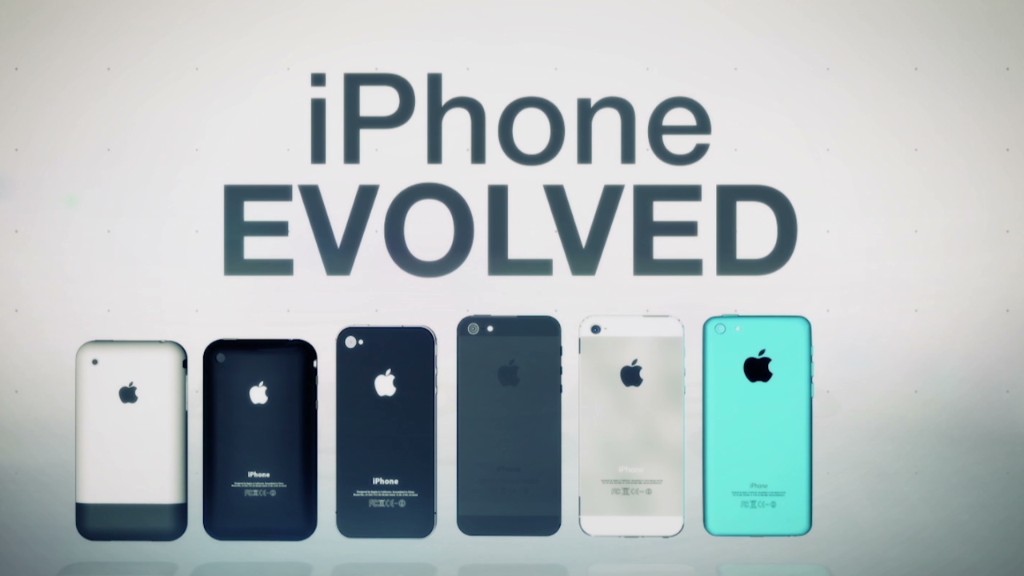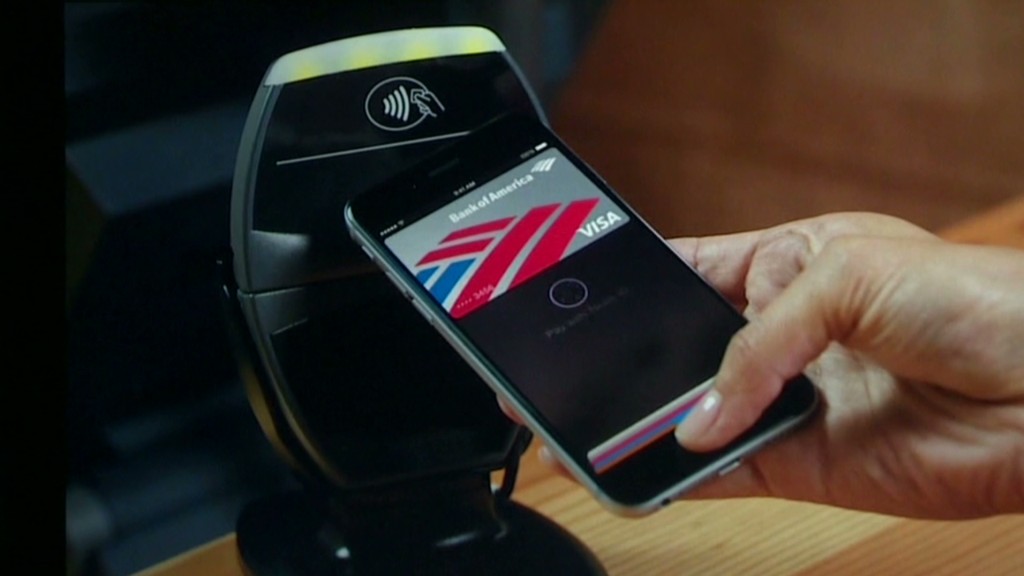
Apple says its new mobile operating system puts text messages, e-mails, photos and other data out of the reach of police -- even if they show up with a search warrant.
In a blog post, Apple says that iOS 8, which began rolling out Wednesday, has new encryption that will no longer allow the company to bypass a customer's passcode to access the data.
"So it's not technically feasible for us to respond to government warrants for the extraction of this data from devices in their possession running iOS 8," it said.
Related: iOS 8 - How to get it, and whether you should
Earlier versions of Apple's operating system allowed the company to bypass the password, it said.
And that's still true for rival operating systems. For instance, AT&T (T) can tap into Android phones to perform customer service.
But it's not foolproof. The protection disappears if customers back up the information on their phone and copy it to the iCloud service, because Apple will comply with warrants to turn over information on its servers.
Plus, the protection only applies to what lives on your phone: text messages, photos, voice recordings, etc. The government can still (and does) pummel Google (GOOG) and Yahoo (YHOO) to get your emails. And your mobile provider will give up your call records.
And if you sync your iPhone with iTunes, backing up your phone's files to your computer, then police can grab those files from your laptop -- No PIN code is necessary.

But Apple clearly senses that added privacy protections are a selling point for its products.
"I want to be absolutely clear that we have never worked with any government agency from any country to create a backdoor in any of our products or services. We have also never allowed access to our servers. And we never will," wrote Apple CEO Tim Cook on the blog.
The site also brags that the Electronic Frontier Foundation has given Apple top marks for "standing with our customers when the government seeks access to their data."
Related: Apple's iOS 8 HealthKit launch derailed by bug
But don't be fooled into thinking Apple is now the patron saint of security. The company is notorious for taking months or years to fix known, serious software flaws. The recent leak of naked celebrity photos on iCloud is a recent example. Apple knew about the weakness for more than a year.
And when the company does update its operating system, it tends to be quiet about what it's fixing.
That's why renowned Apple security researcher Jonathan Zdziarski said: "If Apple is going to be a grown up in this space, and take security seriously, part of that is acknowledging significant vulnerabilities and stop downplaying them."
Oh, and Google Android too
Late Thursday, Google chimed in on this privacy debate by announcing its next version of Android will do the same -- by default.
Phones loaded with the Android operating system already offer full encryption on your phone (locked with your PIN). But it's optional and annoying to implement, dissuading users from using it.
"As part of our next Android release, encryption will be enabled by default out of the box, so you won't even have to think about turning it on," said Google spokesman Christopher Katsaros.

